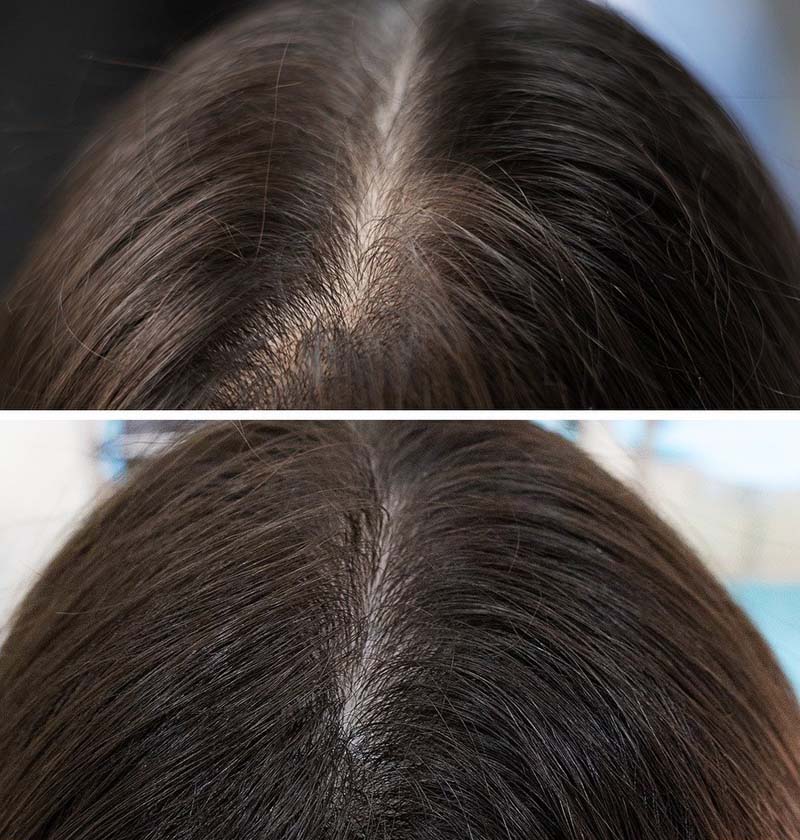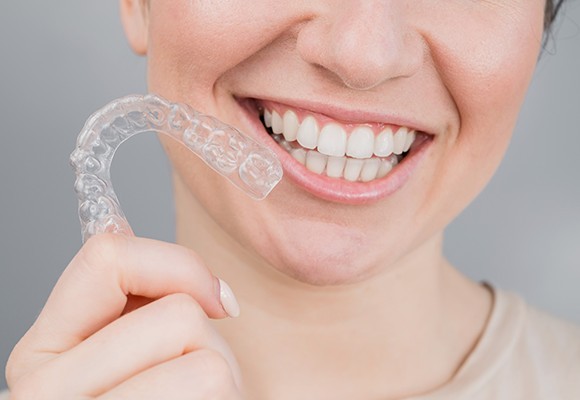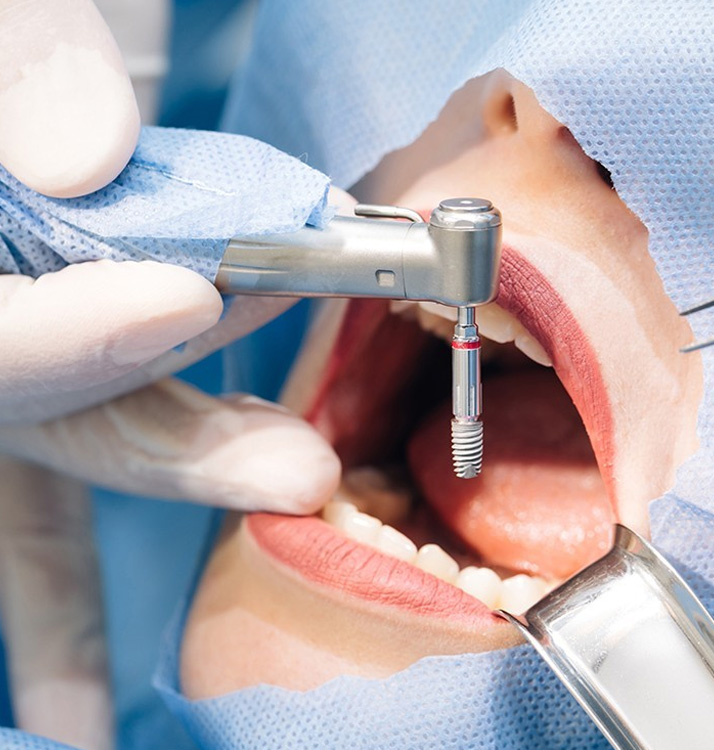Hair loss affects people of all ages and genders, often leading them to seek medical solutions. Yet, a crucial but overlooked aspect of our well-being lies in our dietary habits and the nutrients we provide our bodies.
Sometimes, the answer to hair loss can be as simple as a deficiency in specific vitamins. Before starting a specific hair loss treatment, it’s essential to understand which vitamin deficiency causes this problem and see if there are changes we can make to our daily routine.
Let’s explore the important connection between vitamins and hair health. We aim to uncover insights that could help restore and maintain thick and healthy hair.
What is the role of vitamins in hair health?
As confirmed by reliable studies, vitamins are important elements in maintaining the overall health and vitality of our hair. They play a part in the nourishment of hair follicles. They also support the hair growth cycle and aid in maintaining the strength and resilience of each strand.
Vitamins are crucial for healthy hair growth. They provide necessary building blocks and essential nutrients. Vitamins also help combat factors that might lead to hair loss or brittleness. Their presence ensures that the hair remains healthy, strong, and in optimal condition.
How vitamin deficiency can lead to hair loss?
Vitamin deficiency can impact hair health, leading to various forms of hair loss. When the body lacks essential vitamins, it disrupts the natural hair growth cycle. This disruption often makes hair weak. Hair is then more likely to break, become thin, or shed excessively.
Vitamins are crucial for maintaining the health of hair follicles and support the processes needed for healthy hair growth. Deficiencies in specific vitamins can impair these processes. This can contribute to hair loss issues, such as alopecia or generalized thinning. Understanding and addressing these deficiencies are key steps in combating hair loss. That will also promote optimal hair health.
What are important vitamins for hair health?
Reliable studies confirm that a balanced intake of essential vitamins is fundamental for nurturing healthy, strong hair. These key vitamins serve as integral elements in the support and maintenance of vibrant hair growth. Understanding their significance is crucial. It helps address deficiencies that may cause hair loss or weakened hair structure.
Biotin (Vitamin B7)
It is essential for the production of keratin, a protein that forms the structure of hair.
Biotin stands out as a significant link to combatting hair loss. Beyond this, its benefits extend to strengthening nails, preventing brittleness, and aiding in managing blood sugar levels.
A well-balanced diet typically provides biotin, but deficiencies can occur. They are often due to genetic factors or lifestyle choices, such as smoking or specific medication use, like antibiotics.
Other B Vitamins
Other B vitamins contribute to hair well-being. They are linked to amino acid metabolism, which, in turn, contributes to keratin synthesis – the protein forming hair structure. When there’s a B vitamin deficiency, hair follicles might not get all the necessary nutrients. This can lead to weakened, thin, or less healthy hair.
Here are the specific functions of B vitamins:
-
Vitamin B3: stimulates scalp microcirculation
-
Vitamin B5: improves hair growth
-
Vitamin B6: vital for amino acid metabolism, strengthening hair structure
-
Folic Acid (Vitamin B9): essential for protein synthesis, including keratin
-
Vitamin B12: supports cell functioning, hair renewal, and scalp anchorage
These vital vitamins are present in many foods incorporated into our diet:
-
Vitamin B3 & B5: Almonds, mushrooms, asparagus, and avocados.
-
Vitamin B12: Meat, fish, and spirulina.
-
Folic Acid (B9): Leafy greens, eggs, cereals, and dairy.
-
Vitamin B6: Spinach, poultry, sunflower seeds, and tomatoes.
Vitamin C
Vitamin C is a potent antioxidant that prevents damage from free radicals. It also plays a crucial role in our body’s absorption of iron. Iron deficiency is one of the most common nutritional deficiency and can cause hair loss. That’s why it’s essential to consume enough vitamin C to facilitate proper iron absorption.
Vitamin D
Adequate vitamin D is crucial for maintaining healthy skin and bones. It also promotes the creation of new and robust hair follicles, essential for hair growth. However, a deficiency in this vital nutrient can trigger various issues.
Low vitamin D levels are linked to hair loss, in conditions of androgenetic alopecia (AGA), telogen effluvium (TE), and alopecia areata (AA).
It is fundamental to combat low vitamin D levels including vitamin D-rich foods in our diets. In particular, avocado, chia seeds, and nuts. Also, safe sun exposure and assessing medications might deplete natural vitamin D levels.
Lifestyle Habits to Improve Hair Health and Growth
Maintaining healthy hair involves also adopting lifestyle habits that support optimal hair health.
Adequate hydration is crucial; drinking enough water helps keep hair hydrated from within. Managing stress levels is also very important. A significant stress level can contribute to hair problems. Regular exercise promotes good circulation. This ensures nutrients reach hair follicles, aiding in their nourishment.
Additionally, establish a consistent hair care routine. Use gentle products suitable for your hair type. Also, avoid excessive heat styling to preserve hair strength and prevent damage.
Lastly, ensuring ample rest and quality sleep allows the body to repair and regenerate, benefiting hair health.
These lifestyle habits can significantly contribute to healthier and thicker hair.
How to Maintain Your Hair Healthy
Understanding the vital role vitamins play in hair health is key to preventing potential deficiencies that may lead to hair loss.
Incorporating a balanced diet, proper care, and lifestyle adjustments can improve hair health. It can also reduce the risk of deficiencies causing hair problems.
It is also important to take care of your hair with the help of specialists. If you notice significant changes in hair health, or a significant increase in hair loss, address to dedicated clinics that provide specific treatments.



